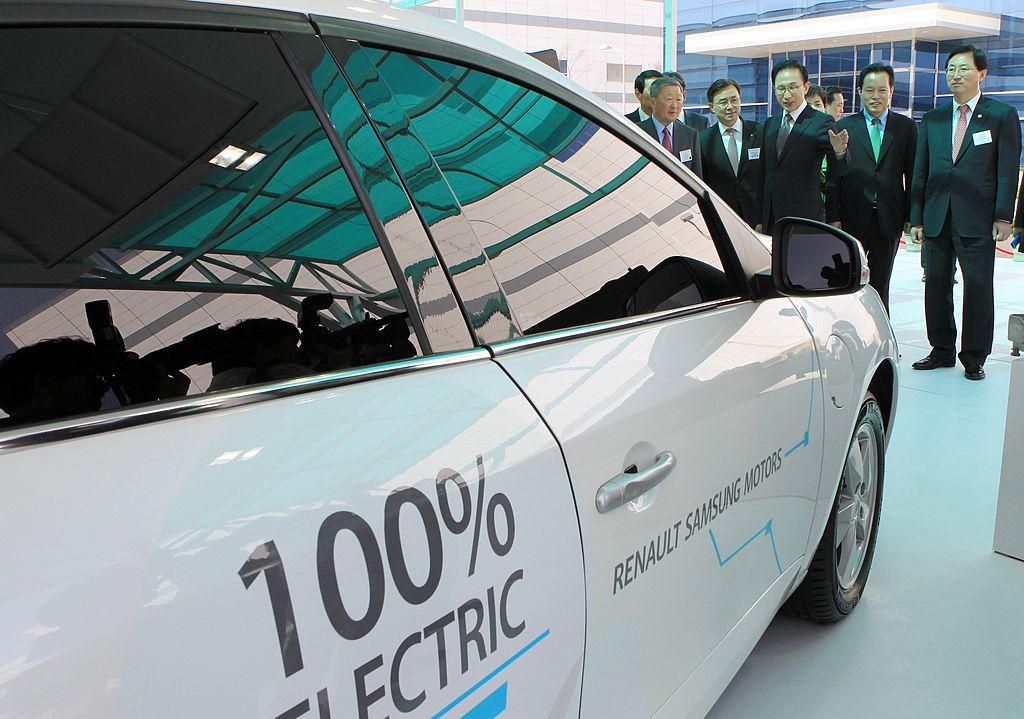South Korean chemical firm LG Chem said on Friday that it had acquired a stake in U.S. mining company Piedmont Lithium Inc. for $75 million in a bid to secure raw materials needed for its manufacturing of electric-vehicle (EV) batteries.
The equity investment provides LG Chem with a 6 percent stake in Piedmont, which holds a 25 percent ownership interest in the North American Lithium (NAL) mine in Quebec, Canada, the company said in a statement.





